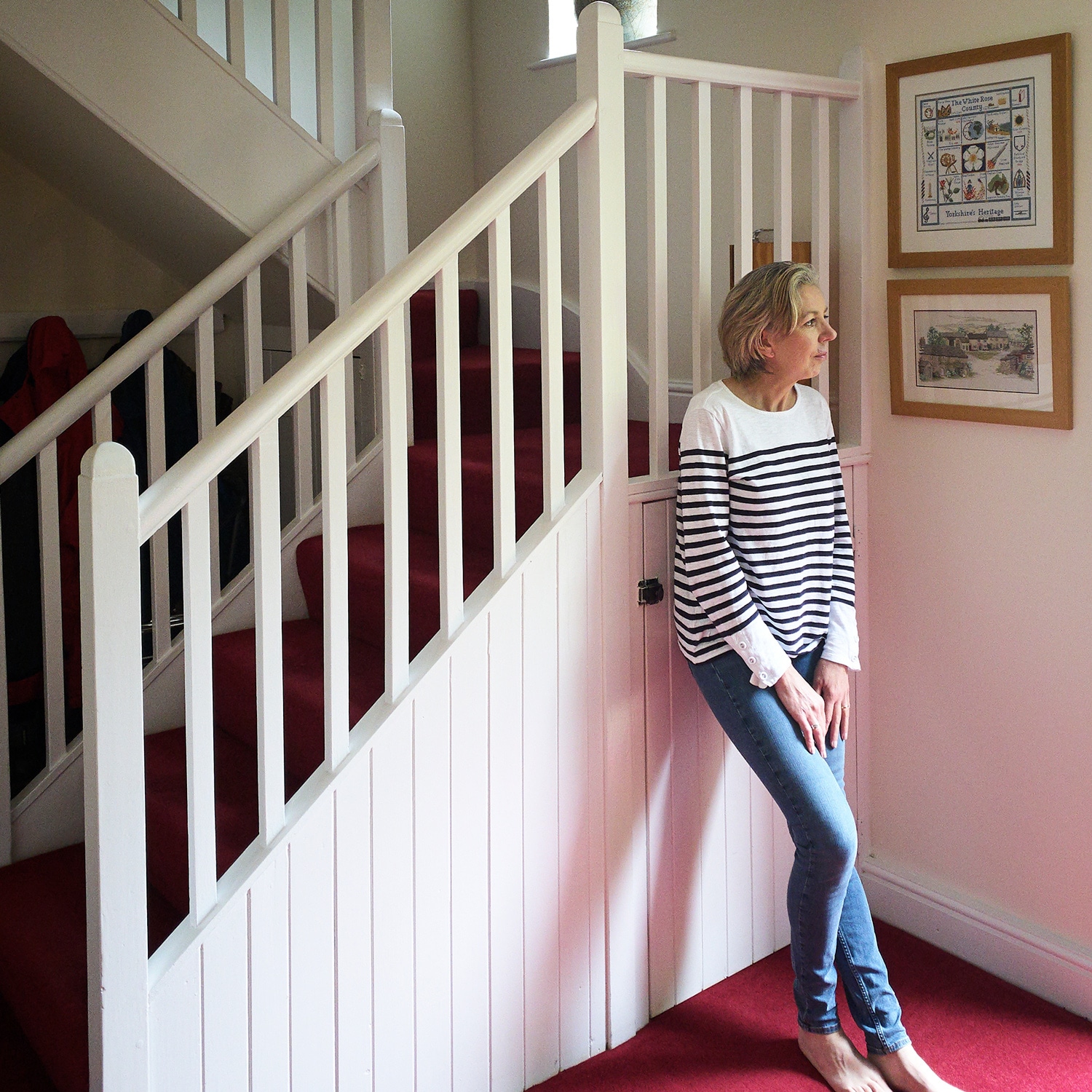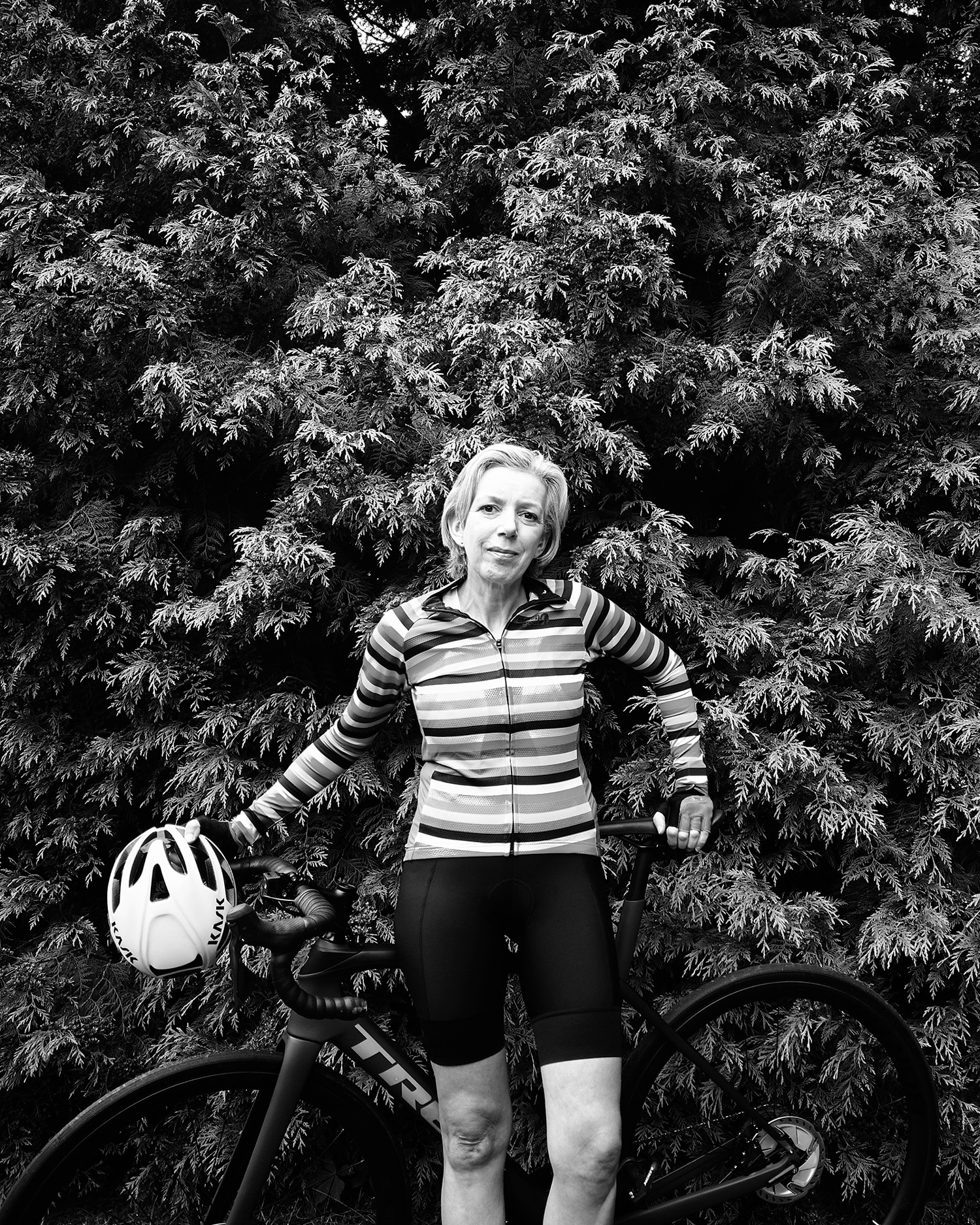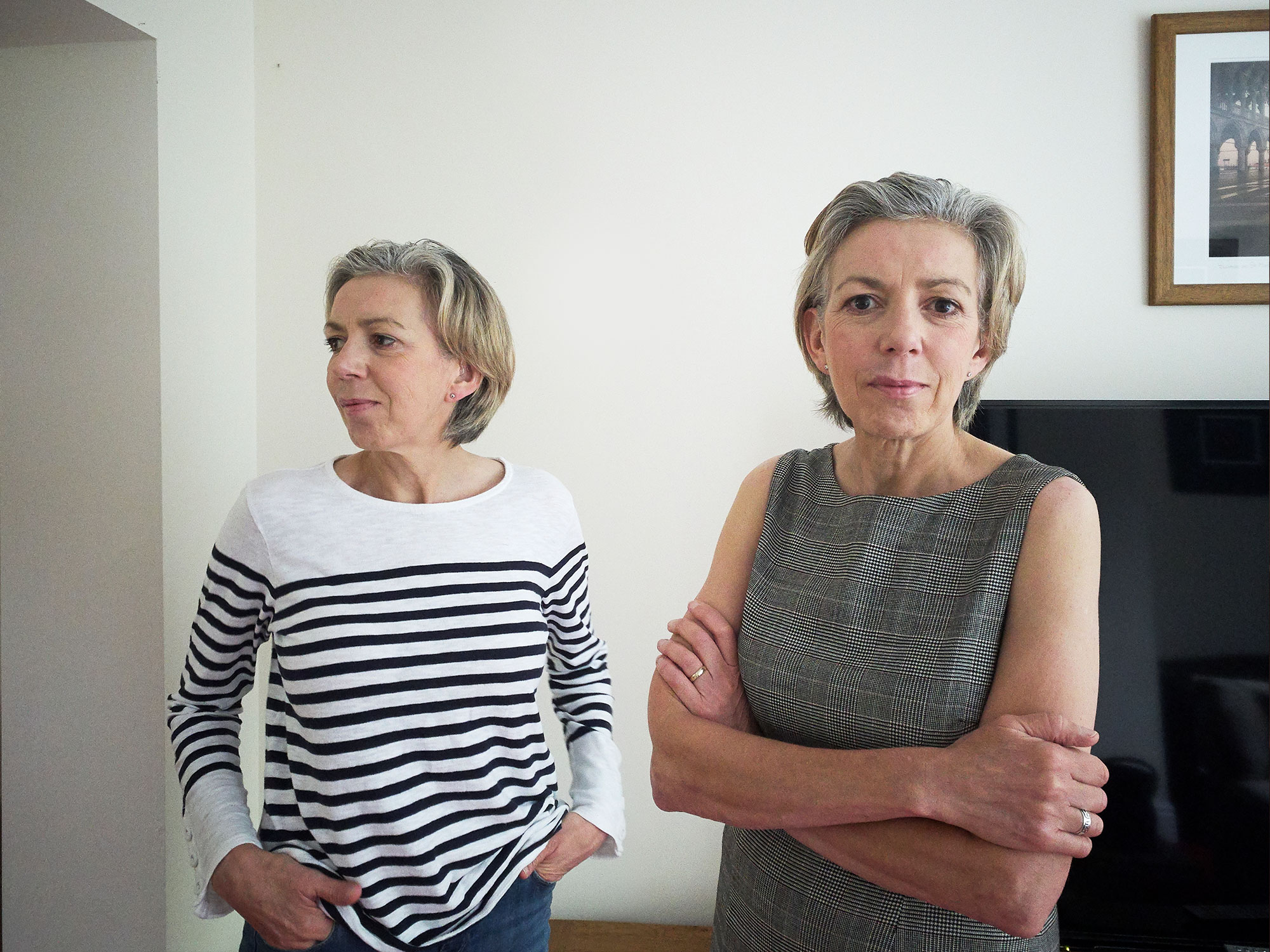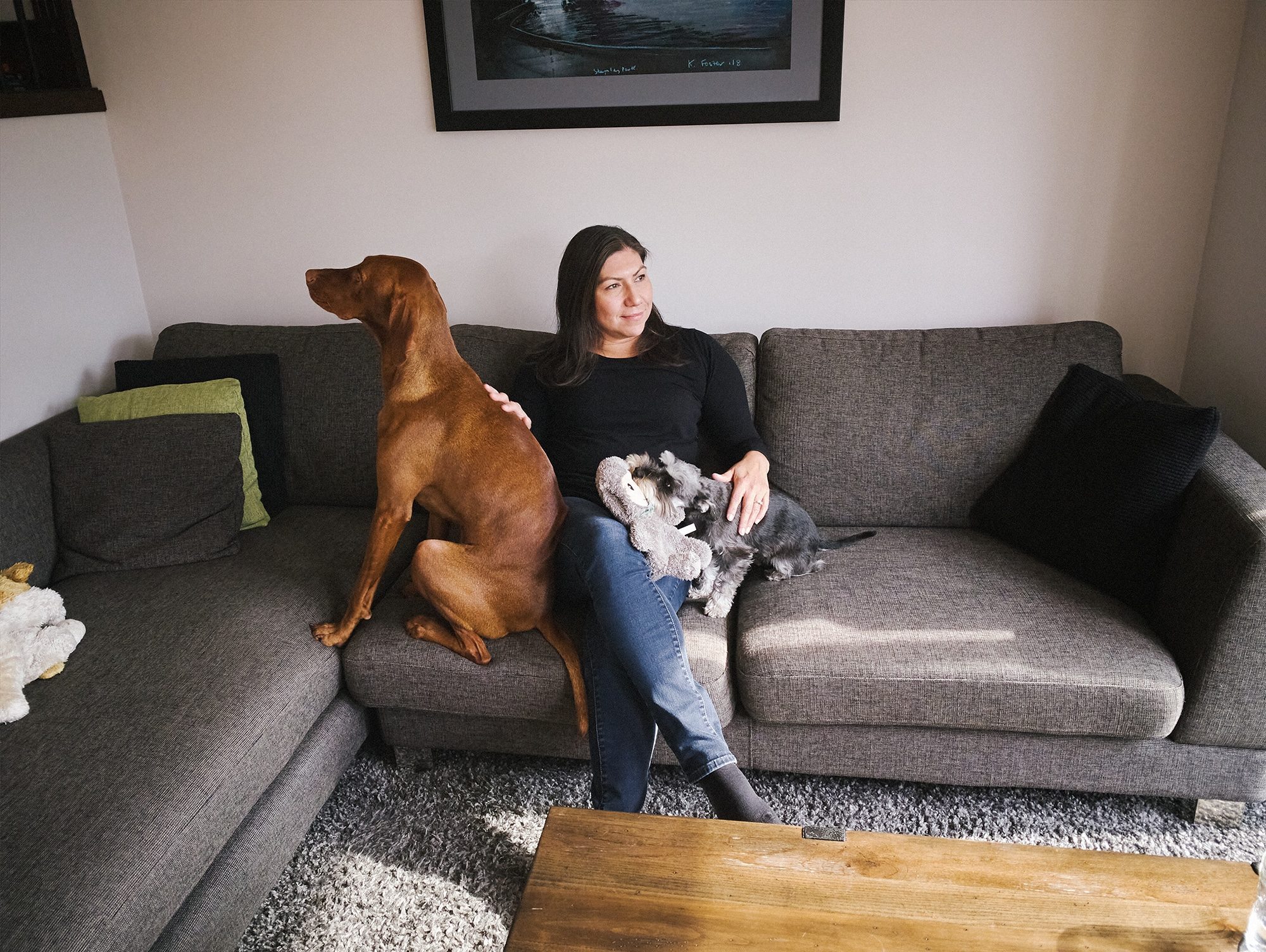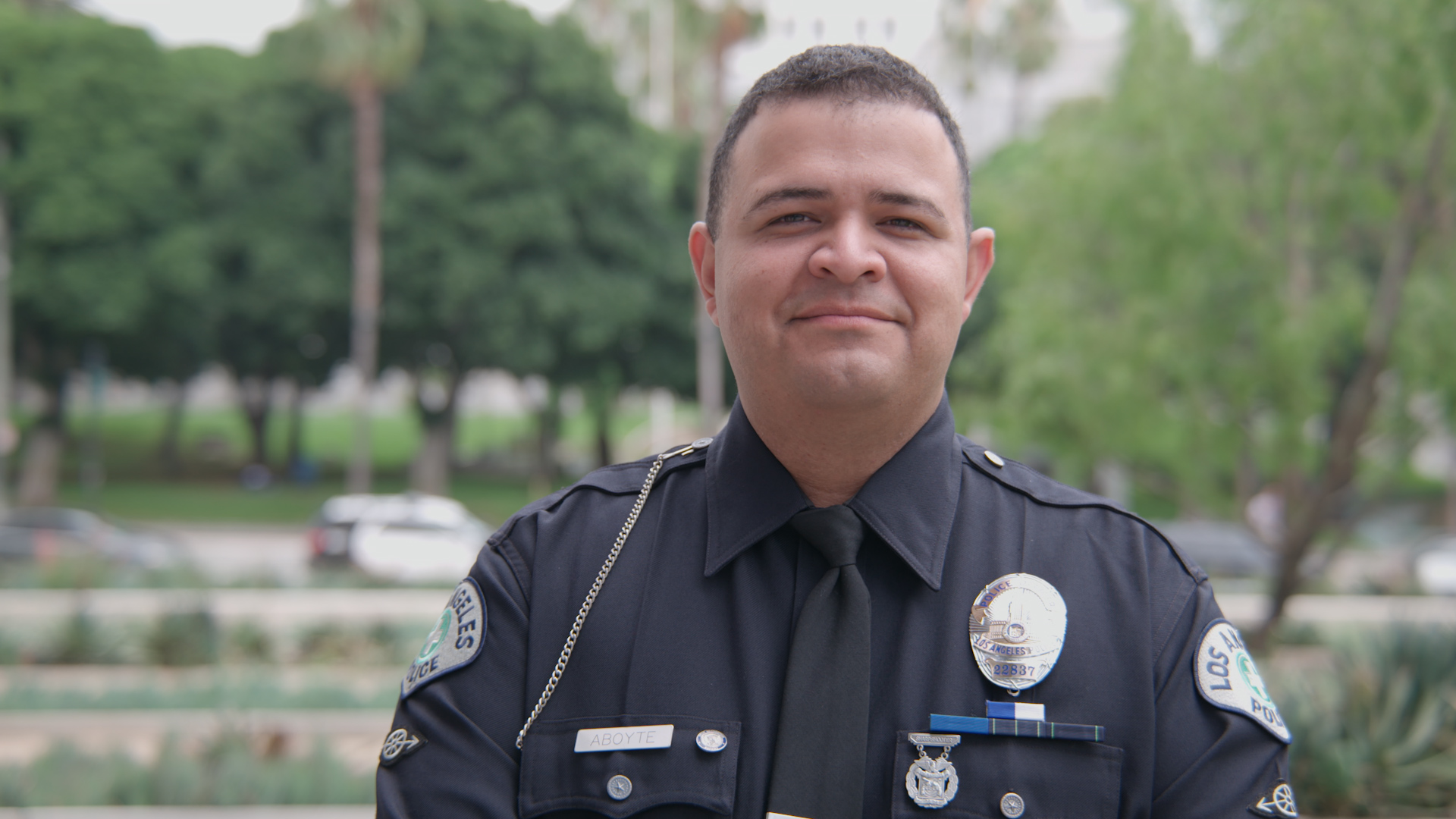Safe Journeys: Fiona Wynne
Safe Journeys is a new series that unveils the humanity behind public safety, as men and women share their journey of protection, empathy, resilience and who they are beyond the badge.
Jan 29, 2024

Fiona Wynne is a Detective Inspector in Yorkshire, England. Over the course of her career, she has investigated countless murders. She sat down with us to reflect on her work, and the importance of maintaining a strong sense of humanity in policing. Read her first-hand account below:
Murder investigations are like going down a long corridor in a hotel. Each door is a potential line of inquiry and even if you think there’s nothing behind it, you need to look inside. It’s a process of elimination.
My role isn’t to prove what happened, it is to gather and present evidence in a logical way. I may have theories, but it is my duty to pursue all lines of inquiry. There’s a high level of proof needed, beyond all reasonable doubt, and I’ve got to show I’ve looked behind all those doors and come to an objective conclusion. It’s not for me to decide ‘whodunnit’, that’s for the judge or jury.
I joined in an era when women officers were issued with a handbag and a tiny baton to fit in it. It was a joke, really. We have many more female officers now and, in my opinion, we are a much more professional service as a result. So much else has changed in 25 years, particularly in how we look after the wellbeing of officers. Back then acknowledging any weaknesses wasn’t advised as that could hamper your progress.
The old adage was when you come to work, leave your problems at home. But people aren’t robots, it’s important we look at the whole person and accept that we all have issues. I’m 54 and going through menopause. I’ve been part of a group trying to talk about that at work and break the taboo. We look at how we can make situations easier. Sometimes, there’s only so much we can practically do but people want a voice, they want to be listened to.
We are far more willing now to talk about health issues, especially mental health ones. Our officers are regularly confronted by traumatic situations and the debriefing process is more compassionate and greatly improved.
Looking at the footage from the killing of George Floyd, I was disgusted and ashamed. Was I emotional? Yes, but that’s not always a bad thing in this job. As a Senior Investigating Officer you have to be objective and, as part of that, some emotion can be good. At the start of a murder case I always say to the team, ‘You’re not working for me, or the Chief Constable, you’re working for the victim and their family.’
Our police force is made up of the community we represent. We have the same flaws and prejudices as those we serve. We all have unconscious bias and, as public servants, we need to be aware of that. Our training shows us that half of the battle is understanding where your prejudices lie.
One thing we must do more is ‘shut up and listen’. When I started out people wouldn’t question the police; they’d respect the uniform. That’s gone now and, in some ways, quite understandably. You have to win that respect with how you treat people. I’ve never had to use my baton – whether ‘handbag size’ in the past or regular issue now – and I put that down to good listening and communication; dealing with situations and people in the right way.
